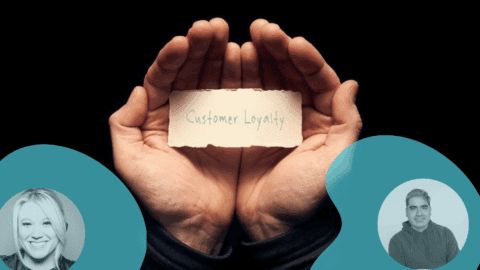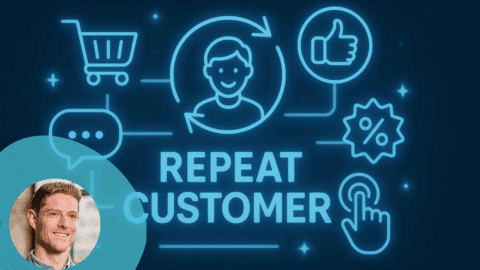 Salesforce.com has released Salesforce1 for Retail, a platform designed for retailers to foster a one-on-one relationship with shoppers across any channel, increase customer satisfaction and drive brand loyalty. The CRM software provider’s global alliance partners Capgemini and PwC have joined the Salesforce1 for Retail ecosystem to develop retail solutions built on the platform.
Salesforce.com has released Salesforce1 for Retail, a platform designed for retailers to foster a one-on-one relationship with shoppers across any channel, increase customer satisfaction and drive brand loyalty. The CRM software provider’s global alliance partners Capgemini and PwC have joined the Salesforce1 for Retail ecosystem to develop retail solutions built on the platform.
The retail industry is certainly undergoing a paradigm shift due to the growth of new channels and the infusion of new technologies, and experts at McKinsey & Co. are expecting it to change more in the next three years than it has in the last 50 years. Already, 75% of customers interact with at least two devices during their shopping experience. As many as 69% of customers expect sales associates to be mobile enabled throughout their work day. If these in-store associates are mobile enabled, customers are 50% more likely to shop with them or ask them for assistance.
“It’s really about those micro-moments throughout the shopper journey,” Shelley Bransten, Sr. VP of Retail at Salesforce.com. “[Shoppers] expect their favorite brands to be available for them and context-aware throughout this whole process.”
Salesforce1 for Retail personalizes the shopper experience through two primary features: Mobile Clienteling and Salesforce Communities for Retail.
Mobile Clienteling is designed to empower sales associates with a full view of every customer that includes location, purchase history, shopping preferences, social profile and relevant shopping information such as birthdays and anniversaries. Up to 85% of retailers lose out on this kind of information from potential shoppers because their customers enter and leave the store anonymously, according to recent research from eBay.
“Mobile Clienteling really is making every shopper feel like a VIP,” Bransten said in an interview with Retail TouchPoints. “It is digging up that little black book that many retailers had, making it digital and blurring the lines between the physical and digital shopping experience. It’s recognizing that the store is now a stop in a customer journey that happens long before the customer arrives and happens even after they leave.”
Salesforce Communities for Retail is designed to give retailers the opportunity to build social and mobile communities where customers, partners and employees can communicate and collaborate with each other. In understanding the wants and needs of customers, employees and suppliers, retailers can provide optimal customer service through all channels.
With the customer taking more control over the buying process, Salesforce1 is designed to help retailers adapt to this new scenario and succeed. Customers are three times more likely to believe a review about a product versus an official advertisement, according to Bransten. Additionally, customers expect greater transparency when they shop.
“This is not a foregone conclusion that the retailer is going to own the relationship with the customer,” Bransten said. “In thinking through how you maintain that relevance for the customer, keeping dialogue with the customer is imperative within the industry.”













